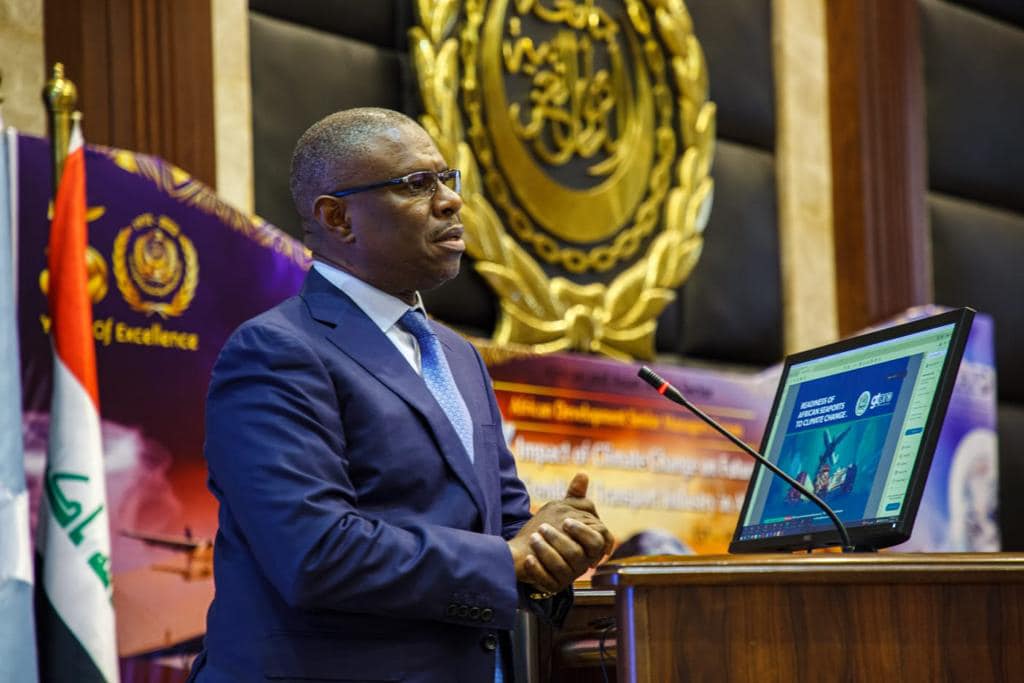The stark reality of unavoidable price hikes has woven itself into the fabric of the average Nigeria’s daily existence, a grim hallmark of an unyielding cost-of-living crisis. What began with increases in petrol, gas, transportation, interest rates, food, and power has now extended to telecommunications services. This unrelenting rise in costs has prompted many Nigerians to label the phenomenon the “Hike Economy.” The term encapsulates the frustration and despair of millions as essential services and commodities become increasingly unaffordable. At its core, this crisis is not just an economic challenge but a social one, threatening the very fabric of a society striving for development and stability. Understanding this trend and its implications has never been more critical. The pervasive impact of the “Hike Economy” demands urgent, innovative interventions to alleviate its burden on households and businesses, offering a glimmer of hope in these challenging times.
In 2023/2024, Nigeria recorded one of the highest inflation rates globally, with figures hovering between 25% and 36.4% by November 2024. This marked the highest inflation peak in 30 years, pushing more citizens into poverty. Inflation has permeated every aspect of the economy, making it seem as if Nigerians are destined to face new price increases daily. For example, the price of a 50kg bag of rice—a staple food item— rose from ₦40,000 in early 2023 to over ₦100,000 by late 2024, creating food insecurity for millions of households. The term “Hike Economy” reflects the relentless escalation of costs burdening households and businesses alike.
The latest manifestation of the “Hike Economy” is the impending increase in telecommunications costs. With the active support of the regulator, telecom companies are poised to raise prices, citing rising energy costs and currency devaluation. For instance, a leading telecom provider recently announced a 15% increase in data tariffs. While these reasons seem plausible, they warrant closer scrutiny. Rising energy costs have been exacerbated by Nigeria’s reliance on imported fuel and the lingering effects of subsidy removal. Currency devaluation, a persistent issue in the Nigerian economy, raises operational costs for telecom providers who rely on imported technology and infrastructure. However, these factors do not tell the whole story.
Consumers often question why telecom companies fail to lower prices when such factors stabilize. For example, telecom tariffs remained unchanged during periods of lower global crude oil prices, which typically reduce energy costs. This one-directional trend fuels skepticism and frustration among consumers. A glaring example is the rollout of 5G technology in Nigeria. Touted as a game-changer for connectivity, its implementation has been marred by high costs passed on to consumers despite promises of affordability and accessibility. Such practices underscore the need for regulatory oversight to ensure price adjustments are justified and reflective of market realities. Without mechanisms for fairness and transparency, these hikes erode consumer trust.
The far-reaching effects of these price hikes deepen financial struggles for the average Nigerian. With household budgets already stretched, further increases in telecom costs will push many to the brink. For instance, a family spending ₦30,000 monthly on telephone and internet services may need to adjust to a ₦37,000–₦40,000 expense, forcing cutbacks on other essential needs. This move starkly contrasts the government’s promise to reduce inflation to 15% by 2025, raising questions about policy coherence.
Higher telecom costs threaten Nigeria’s vision of leveraging technology to drive economic revival. Affordable connectivity is a linchpin for progress in critical sectors like digital banking, education, healthcare, agriculture, and e-governance. A price hike risks derailing advancements in these areas, undermining efforts to build a robust, technology-driven economy.
Increasing telecommunications prices will exacerbate poverty and widen existing inequalities, hitting lower-income families the hardest. Informal sector workers who depend on affordable mobile data to access gig work opportunities may find it harder to stay connected. Small businesses, which rely heavily on affordable telecommunications for operations, marketing, and customer engagement, will face additional strain. A local trade group estimates that a 10% increase in telecom costs could reduce small business profitability by up to 7%, potentially leading to closures. Education, increasingly reliant on digital platforms, will also suffer. Higher costs will limit students’ access to online learning resources, putting global competitiveness further out of reach.
Telemedicine and remote healthcare services, which rely heavily on internet connectivity, may become less accessible to rural and underserved populations, widening healthcare disparities. Farmers and rural communities increasingly depend on mobile technology for market access, weather updates, and agricultural extension services. Rising telecom costs could disrupt these advancements, reducing productivity and economic opportunities. For instance, a farmer cooperative in northern Nigeria that uses mobile apps to connect with buyers and monitor crop prices could be cut off from critical market information due to increased data costs.
The telecommunications regulator plays a pivotal role in navigating this crisis. Regulatory bodies must prevent unjustified price increases, push for service quality improvements without adding financial burdens on consumers, and advocate for innovative solutions that balance operator needs with consumer affordability. For example, regulators in South Africa have successfully implemented price caps tied to inflation indexes to protect consumers. Such measures in Nigeria could mitigate the effects of the “Hike Economy” while supporting technological and economic growth. Transparency in telecom operators’ cost structures can also help consumers understand the rationale behind price adjustments, building trust and accountability.
The National Association of Telecoms Subscribers (NATCOMS) has opposed the planned hike, calling it insensitive in an already challenging economic environment. Their argument highlights the undue burden these increases place on consumers and the threat to Nigeria’s digital economy. As more Nigerians embrace digital solutions for education, healthcare, and commerce, higher telecom prices could force many to cut back on usage or disconnect entirely. This would reverse years of progress in digital inclusion, especially in underserved areas where connectivity is vital for accessing government services and economic opportunities.
Addressing the “Hike Economy” requires more than opposition; it calls for actionable strategies. These include encouraging renewable energy use to reduce operators’ power costs, offering tax incentives to telecom providers committed to affordable pricing, promoting public-private partnerships for infrastructure development, and establishing a price review mechanism to ensure fairness and transparency. For example, shared broadband networks in Kenya have reduced costs for telecom operators, resulting in more competitive data pricing for end users. Adopting similar strategies in Nigeria could alleviate the financial strain on both operators and consumers, creating a win-win scenario.
Connectivity is the backbone of Nigeria’s service-based economy. Price hikes in telecommunications risk jeopardising economic recovery, worsening inequalities, and stifling technological progress. Regulatory ingenuity is essential to combating these challenges. The focus must shift towards maintaining affordability, improving service quality, and ensuring telecommunications remain a catalyst for national development rather than a source of financial strain. Addressing the “Hike Economy” with empathy and innovation will be key to securing a prosperous and equitable future for all Nigerians.























Leave a comment